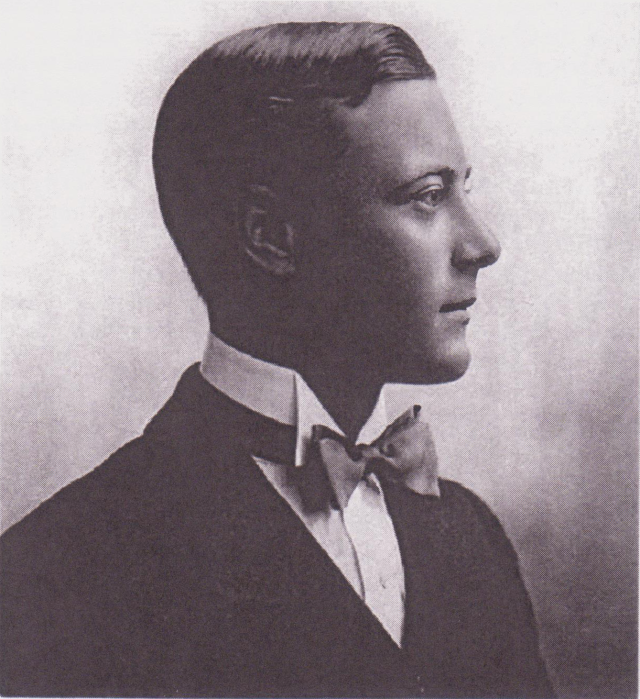George wrote to Kittie this morning from his billet at, presumably, Nieuwkerke:
off this morning on motor trucks with the bully beef. I shall find Gen. Kavanagh tonight. I hope he’ll accept me. Perhaps I shall find the place taken already (Interpreter to 7th Cavalry Brigade, 3rd Cavalry Division).
Here, in French Flanders, I took another lesson last night; from a young woman in a kitchen, while papa and maman sat one on each side of the stove and murmured help every now and then. Quite a different dialect; almost a new language to learn. But not much use, I dare say.
The Germans were continuing to attack the Zandvoorde section of the front. This meant shelling, as the German cavalry later admitted they could not get within 1000 yards of the British cavalry because of the accuracy of their rifle and machine gun fire. German officers actually believed for a while that the British rifle fire was from machine guns. Their own cavalry were not equipped for trench warfare. But their artillery was relatively accurate.
Both armies found the terrain impossible: small woods, undulating fields, hedges and frequent farmhouses. The Germans used the latter to conceal snipers, with dire effect. The cavalry had, of course, dismounted, and left their horses well back. Dick Sutton found himself in trenches with the Blues on his right. The last entry in his diary for 1914 reads:
October 25. The Germans were very quiet during the morning, but there was occasional sniping. […] We had almost got to think the Germans had retired, but at 2 o’clock they started bombarding us very heavily from several batteries, including one heavy battery. At 3 o’clock a shell burst on the traverse three feet away from me, and a piece of the shell hit me in the thigh. The bombardment lasted until nearly dark. We were relieved at 8 o’clock and I was put in an ambulance and taken to Zillebeke, and from there in a motor ambulance to Ypres.
Within a few days he was in London, from where he was moved to his Berkshire home of Benham Valence, a wing of which was soon to become a Red Cross hospital. After a short rest there he was moved to Brinsop Court, where, his mother said, ‘he made a speedy recovery’. It is well worth Googling on Brinsop Court.
Next entry: 26 October 1914























